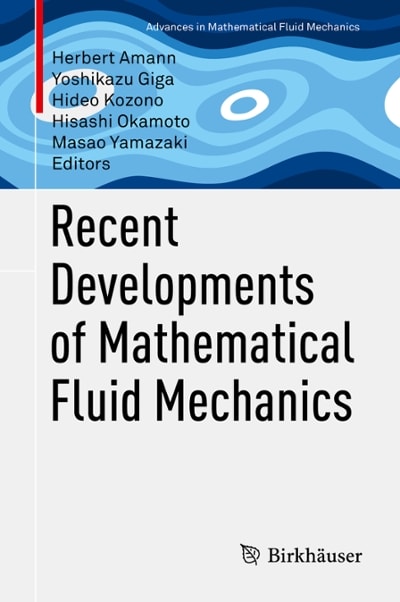Question
Part 1 - Business Expenses and Revenue Casey's business Idea is to produce replacement parts to supply other businesses in some area. To set up
Part 1 - Business Expenses and Revenue Casey's business Idea is to produce replacement parts to supply other businesses in some area. To set up her business Casey needs to purchase equipment. Casey has a quote for a 5-axis mill of $300,000. To purchase this, she will need to take out a loan. Her bank is offering a 6% P.A interest rate over a period of 5 years with monthly repayments, whereas the company selling the mill has offered a monthly repayment option at 5% P.A over 7 years.
Note: You must show your working to receive full marks in this part.
i. For both loans determine the monthly repayment amount.
ii. Calculate the total amount paid under either of these two loans, and the total amount of interest paid. Advise Casey which loan you recommend. Provide justification.
Based on a preliminary budget, Casey believes her fixed monthly running costs include the monthly repayments for the loan you advised her to take, $4,800 fortnightly for two employees (you may assume there are two pay cycles in a month), and $6400 rent for the workshop. Casey also has variable costs of $15.20 per part for materials, and $3.30 per part for electricity costs, and $1.00 per part wear-and-tear on her machinery.
Casey believes that she will be able to produce a maximum of 15 parts per day. She wants to sell her parts at a price of $79 each as she feels that she will be able to sell most, if not all, of what she produces in a given month.
iii. Given the information that Casey has provided, inform Casey on how many parts she must sell to break even each month.
iv. Explain to Casey as to whether her current price of $79 at a manufacturing capacity of 15 parts per day is enough to make profit each month (month = 30 days). Explain to her how much profit/loss you expect her to make?
v. Casey was hoping to make a profit of $12000 each month. Advise Casey whether she should increase production (units) per day, or increase her price, to reach her profit target. Justify your advice with calculations.
Part 2 - Asset Depreciation
For her business tax, Casey has a series of lathes that she needs to depreciate. Each lathe cost her
$8,200. Casey wants to know what the differences between the prime cost method and diminishing
value method would be on its depreciation. She is requesting a graphical depiction of the
differences. She has provided some information below.
According to the 2020 Australian tax organisation (ATO) data on lathes, the effective life of manual
lathes is 20 years
i. To show Casey the difference between the two methods, you will need to show her the amount of depreciation for each year for the 20-year life span of a single lathe using the prime cost and diminishing value method. Casey wishes to see this shown graphically, ideally both depicted on the same graph (choose whichever graph type you feel is appropriate, include your raw data in a table for Casey alongside the graph, and assume
each year is 365 days). Include a statement to Casey on whether you believe one method is better suited for her.
ii. Casey mentions her purchase date was the 6th January 2021. She would like to know the amount of depreciation of the lathe to the end of the current financial year (30th June 2021), via each method.
Step by Step Solution
There are 3 Steps involved in it
Step: 1

Get Instant Access to Expert-Tailored Solutions
See step-by-step solutions with expert insights and AI powered tools for academic success
Step: 2

Step: 3

Ace Your Homework with AI
Get the answers you need in no time with our AI-driven, step-by-step assistance
Get Started


